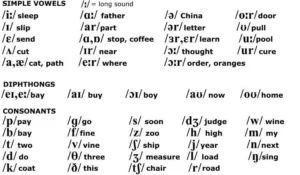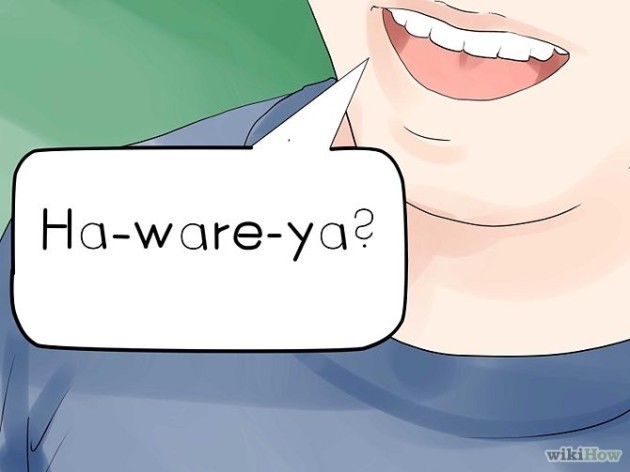This week, Malta’s courtrooms witnessed a novel challenge: navigating the testimony of Northern Irish forensic expert Sam Sittlington, whose thick rural accent made waves during the Vitals case hearings. Sittlington, found himself entangled in a different kind of scrutiny — not just over the details of his work, but rather his ability to communicate clearly in a legal setting where precision is paramount.
A Northern Irish Accent in a Maltese Courtroom
On the surface, Sam Sittlington’s presence in Malta’s courtrooms appeared routine, as he took the stand as an expert witness in the highly publicised Vitals case — a scandal that has rocked the island’s political and judicial landscape. However, Sittlington’s testimony soon met an unexpected barrier: his Northern Irish accent. The two magistrates overseeing the case were repeatedly forced to ask him to slow down and speak more clearly to ensure his testimony was understood by all parties in the courtroom.
Sittlington’s accent is reportedly deeply influenced by his roots in rural Northern Ireland, where distinct vowel shifts, clipped consonants, and a unique intonation set Northern Irish speech apart from standard British English. His accent, while not unusual in his homeland, evidently proved challenging for Maltese legal professionals unaccustomed to such variations in English dialect.
The Challenge of Cross-Accent Communication in Court

For many Maltese, the intricacies of Sittlington’s speech would have been unfamiliar. Though English is widely spoken in Malta, the local English accent tends to follow the contours of Maltese phonetics, resulting in its own distinct accent that blends with local language patterns. In the courtroom, where clarity and precision are key, accents can lead to potential misunderstandings. If the listener is unfamiliar with a particular accent, especially one as distinctive as Northern Irish, even simple phrases can become indecipherable.
It was reported that the two magistrates were not alone in their struggle to comprehend Sittlington’s speech. Other courtroom participants, including legal teams and members of the press, noted that his accent seemed to add an additional layer of complexity to already complicated forensic testimony.
How Sam Sittlington’s Accent Complicated Testimony
Sittlington’s accent is not just a superficial characteristic. Linguistically, Northern Irish accents, particularly those from rural areas, exhibit several features that can make them difficult for unfamiliar ears. The vowel system in Northern Irish English is quite different from that of Standard English or Maltese English. Words like ‘go’ may sound like ‘guh’, and the famous ‘th’ sounds (as in ‘think’ and ‘this’) may sound like ‘tink’ or ‘dis’.
Moreover, Northern Irish intonation, which is often described as more “musical” and variable in pitch, can make it challenging for people unaccustomed to it to follow the flow of speech. These speech features made it necessary for the magistrates to repeatedly ask him to clarify or repeat his words.
As one observer remarked, “The expert’s testimony was almost lost in translation.” This raises questions about how the linguistic element could affect the quality and reception of crucial evidence.
Potential for Misunderstandings When Collecting Evidence
But Sittlington’s challenges may not only lie in being understood. Another complication, potentially overlooked, is whether Sittlington himself may have struggled to understand local Maltese witnesses and those speaking English with a Maltese accent. Maltese English has its own set of unique features, influenced by the island’s bilingual heritage. Speakers of Maltese English typically use an accent that incorporates sounds and intonation patterns from the Maltese language, which can create challenges for an outsider, particularly someone unfamiliar with Mediterranean English varieties.
It’s plausible that during his investigative work, when he was gathering evidence from Maltese nationals, Sittlington could have experienced similar difficulties in understanding the nuances of their speech. Such misunderstandings could potentially affect the evidence collection process, with the risk of key information being lost or misinterpreted due to accent differences.
Accent Bias in Courtrooms: An Under-Explored Issue?
Sittlington’s experience also brings to light a broader issue within international legal proceedings: the role of accent bias. Studies have shown that people often make subconscious judgements about others based on their accents, associating certain speech patterns with trustworthiness, intelligence, or credibility. Sittlington’s thick accent might lead some to question his professionalism or the reliability of his testimony.
In courtroom settings, especially when complex legal matters are at stake, such biases can be problematic. If an accent makes testimony harder to understand, there’s a risk it could be subconsciously devalued, or worse, misunderstood, compromising the integrity of the judicial process.
In Malta, where English is an official language but accents vary greatly due to different social and ethnic backgrounds, it is crucial that court proceedings remain fair and accessible to all participants, regardless of how they speak.
Sam Sittlington’s testimony in the Vitals case highlighted how accents can sometimes act as a barrier to justice. As Malta continues to deal with high-profile cases involving international witnesses, it may need to consider how to navigate these challenges more effectively.
If you’ve ever experienced language barriers or accent misunderstandings, share this article with friends and on social media. These issues affect us all, and raising awareness could help create a fairer, more accessible justice system.







